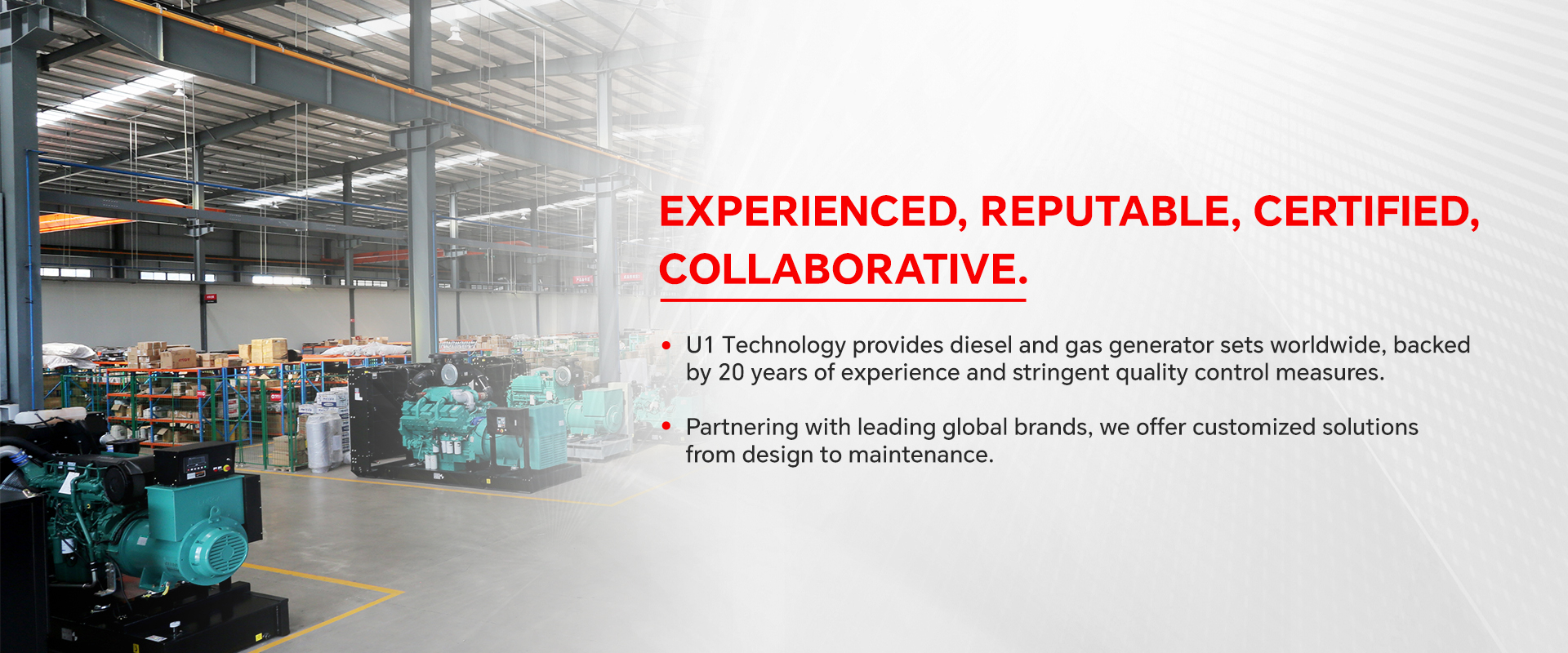In the arena of backup power generation, two prominent options jump out: natural gas and diesel generators. In the event the power is out, as well as the requirement for it becomes critical, selecting the most appropriate generator set can make a big difference. But how do you decide between gas main and diesel generators? Every one has its very own list of advantages and disadvantages, along with the choice ultimately depends upon your unique needs and circumstances.

In this article, we’re going to look into the distinctive features, advantages, and drawbacks of propane and diesel generator sets, helping you to make a well-informed decision which option aligns best along with your needs.
Gas main Generators
Advantages
Cleaner Emissions: One of the greatest benefits of natural gas generators is lower environmental impact. When propane burns, it produces fewer harmful emissions, such as particulate matter, nitrogen oxides, and sulphur dioxide, when compared to a diesel genset. This makes gas main generators a greener choice for those concerned about quality of air and environmental sustainability.
Cost-Effective Fuel: Gas is usually less expensive than diesel fuel. The charge savings could be significant in the lon run, specifically if you want to takes place generator frequently. Furthermore, the availability of gas main is commonly more stable, reducing price fluctuations.
Less Maintenance: Gas generators typically require less maintenance than their diesel counterparts. This is caused by the cleaner-burning nature of gas main, which results in fewer deposits and soot buildup in the engine, extending the generator’s lifespan.
Quieter Operation: Propane generators provide quieter operation. This can be a vital consideration in residential areas and settings where noise pollution have to be minimized.
Disadvantages
Limited Fuel Storage: A disadvantage to propane generators is addiction to a nonstop method of getting propane. This could be problematic during extended power outages or perhaps remote locations a consistent propane supply will not be available.
Lower Energy Density: Gas includes a lower energy density in comparison with diesel, meaning you might require a larger storage capacity or even more frequent refuelling for the similar output.
Lower Fuel Efficiency: Gas main generators tend to be less fuel-efficient than diesel generators, which could increase operational costs in the end.
Lower Portability: As a result of requirement of a dedicated gas main supply, these generators are less portable and versatile than diesel generators.
Diesel Generators
Advantages
High Energy Density: Diesel fuel is acknowledged for its high energy density. What this means is diesel generators provides more power in a smaller package, driving them to suitable for applications where space is restricted.
Fuel Storage: Diesel generators hold the good thing about being able to store fuel for extended periods without degradation. This makes them the best option for backup power in remote locations and throughout long-term power outages.
Fuel Efficiency: Diesel generators have fuel efficiency, consuming less fuel for the similar output as gas generators. This results in lower operational costs.
Greater Reliability: Diesel engines are generally better made and sturdy, resulted in greater reliability in demanding conditions. They are generally the go-to selection for mission-critical applications.
Disadvantages
Emissions and Environmental Impact: Diesel generators emit higher amounts of pollutants, including nitrogen oxides and particulate matter, which could have uncomfortable side effects on quality of air and public health. Stricter emissions regulations are already performed to mitigate these issues.
Noise Levels: Diesel generators are likely to be noisier than natural gas generators, which can be an issue in areas or where noise pollution is a consideration.
Fuel Availability and price: Diesel fuel can be costlier and be subject to price fluctuations. Additionally, storing large quantities of diesel fuel can cause safety and environmental risks.
Maintenance Requirements: Diesel generators typically want more frequent maintenance because of soot and carbon buildup within the engine, which could increase the overall cost of ownership.
When you should Choose Gas main Generators?
Environmental Concerns: In case you prioritize environmental sustainability and cleaner emissions, an organic gas generator may be the way to go.
Cost Savings: If you’re trying to reduce fuel costs over time and still have usage of the best gas supply, gas generators might be more cost-effective.
Quiet Operation: In areas or places where noise levels have to be kept low, propane generators include the quieter choice.
More uncommon Use: Should your generator serves as a backup for occasional power outages, the bottom maintenance requirements of gas generators make sure they are an opportune option.
When you should Choose Diesel Generators?
High Power Requirements: If you want a high-power output in a compact package, diesel generators, making use of their high energy density, are the more sensible choice.
Reliability: For mission-critical applications where reliability is the vital thing, such as data centres or healthcare facilities, diesel generators are often preferred because of their robust and sturdy engines.
Remote Locations: In areas with limited use of an all-natural gas supply or during long-term power outages, diesel generators with their reliable fuel storage include the better choice.
Frequent Use: If the generator will dsicover frequent use and also you prioritize fuel efficiency, diesel generators could be less expensive in the long run.
Conclusion
The selection between gas and diesel generators is determined by your requirements, budget, and environmental concerns. Both forms of generators their very own positives and negatives, as well as the key’s to softly evaluate your requirements and priorities before you purchase. Additionally, be sure to understand local regulations and emissions standards that could affect your choice.
More information about diesel engine see this webpage
